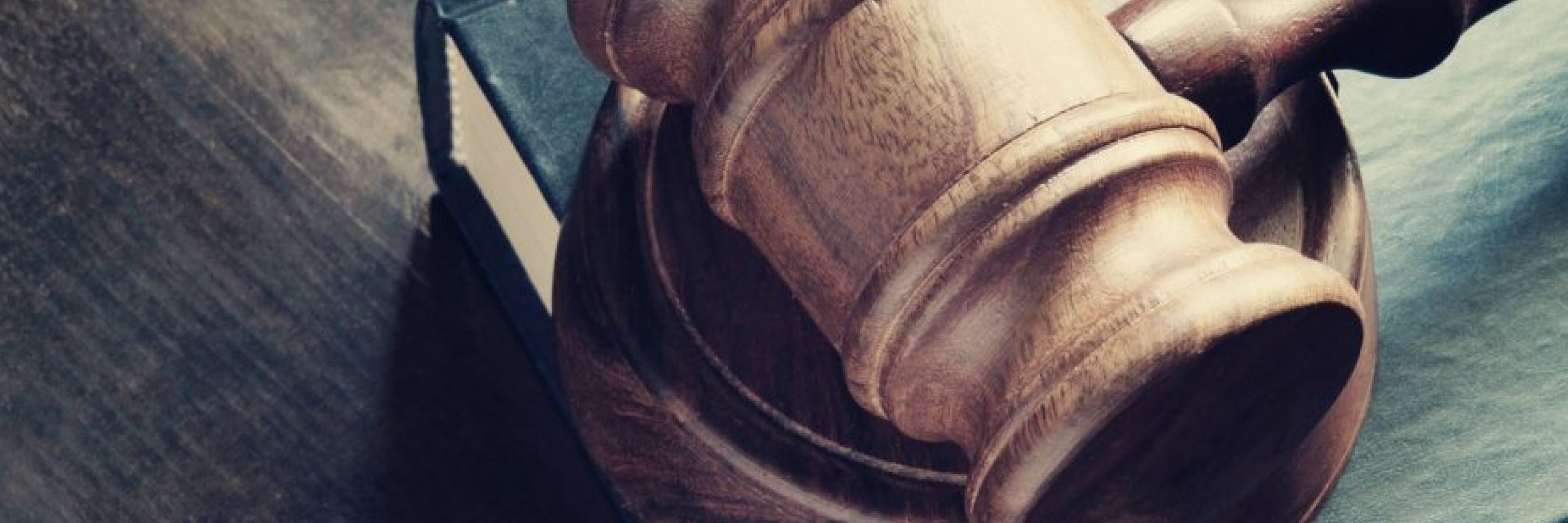 Under federal bankruptcy law, retirement funds are generally exempt from the claims of creditors in bankruptcy proceedings. But in Clark v. Rameker, 134 S. Ct. 2242, 189 L. Ed. 2d 157 (2014), the United States Supreme Court declared that an inherited IRA -received by the beneficiary upon death of the IRA owner – does not fall within the definition of “retirement funds” under 11 U.S.C. § 522(b)(3). Therefore, an inherited IRA is not exempt from creditors’ claims in bankruptcy proceedings. Clark involved an IRA inherited by a Wisconsin debtor and the ruling made the inherited IRA available to the debtor’s creditors in bankruptcy proceedings.
Under federal bankruptcy law, retirement funds are generally exempt from the claims of creditors in bankruptcy proceedings. But in Clark v. Rameker, 134 S. Ct. 2242, 189 L. Ed. 2d 157 (2014), the United States Supreme Court declared that an inherited IRA -received by the beneficiary upon death of the IRA owner – does not fall within the definition of “retirement funds” under 11 U.S.C. § 522(b)(3). Therefore, an inherited IRA is not exempt from creditors’ claims in bankruptcy proceedings. Clark involved an IRA inherited by a Wisconsin debtor and the ruling made the inherited IRA available to the debtor’s creditors in bankruptcy proceedings.
Thereafter, under similar facts the issue arose for consideration by the United States Bankruptcy Court for the District of New Jersey in In re Andolino, 525 B.R. 588 (Bankr. D.N.J. 2015)(Hon. Michael B. Kaplan). In Andolino, the debtor Christopher Andolino inherited his mother’s $120,000 IRA. He later filed for Chapter 13 bankruptcy, and claimed the inherited IRA was not an asset available to his creditors. The bankruptcy trustee objected, claiming the inherited IRA was property of his bankruptcy estate because, under the Supreme Court’s decision in Clark, inherited IRAs are not exempt from creditors’ claims.
Bankruptcy Code Section 541, 11 U.S.C. § 541, establishes parameters for what may be considered property of the bankruptcy estate. Subsection (c)(2) specifically carves out the following exception from bankruptcy estate property:
A restriction on the transfer of a beneficial interest of the debtor in a trust that is enforceable under applicable nonbankruptcy law is enforceable in a case under this title. 11 U.S.C. § 541(c)(1)(A) (emphasis added).
11 U.S.C. § 541(c)(2). (Emphasis supplied). To aid individual debtors in receiving a “fresh start,” federal bankruptcy law gives a limited amount of exemptions to protect assets considered property of the estate. See 11 U.S.C. § 522(b).
The inherited IRA at issue in Clark was determined to be an asset of the bankruptcy estate pursuant to “applicable nonbankruptcy law”; i.e., Wisconsin law. Thus, in Andolino Judge Kaplan resorted to New Jersey law to determine whether the Debtor’s inherited IRA is property of the bankruptcy estate under 11 U.S.C. § 541. If not, then the issue of whether to apply a federal bankruptcy exemption to the inherited IRA would be moot. In other words, for an asset to be exempt it must first be considered property of the bankruptcy estate.
Judge Kaplan referred to N.J.S.A. 25:2-1(b), the applicable New Jersey statute that grants protection to any “qualifying trust”, including an IRA, from the claims of creditors and excludes such a trust from the bankruptcy estate. See also In re Yuhas, 104 F.3d 612 (3rd Cir. 1997) (an IRA created and owned by a New Jersey debtor is excluded from the bankruptcy estate because the statute restricts the transferability of the account). The New Jersey statute, however, does not explicitly limit protection to traditional IRAs. Therefore, Judge Kaplan had to determine whether the New Jersey statute could also apply to inherited IRAs.
Holding that the New Jersey protective statute applied to an IRA even after the death of the original owner, Judge Kaplan reasoned that a “qualifying trust” includes any IRA subject to the provisions of I.R.C. § 408. Although different from the restrictions on traditional IRAs, in normal circumstances an inherited IRA remained subject to a set of “unique tax implications and restrictions”, even after the death of the original owner. Accordingly, the protections under N.J.S.A. 25:2-1(b) apply to inherited IRAs and exclude inherited IRAs from the beneficiary’s bankruptcy estate; therefore, the issue of whether an exemption from creditors’ claims under Clark and 11 U.S.C. § 522 applied was moot.
Reprieve for Child Support and Spousal Support Creditors
IRAs do not enjoy unfettered protection from child support and spousal support creditors, however. Specifically, N.J.S.A. 25:2-1(b)(2) exempts from this general protection a number of types of claims by creditors, including: “any order for child support or spousal support[.]” Id.

 Under federal bankruptcy law, retirement funds are generally exempt from the claims of creditors in bankruptcy proceedings. But in
Under federal bankruptcy law, retirement funds are generally exempt from the claims of creditors in bankruptcy proceedings. But in 